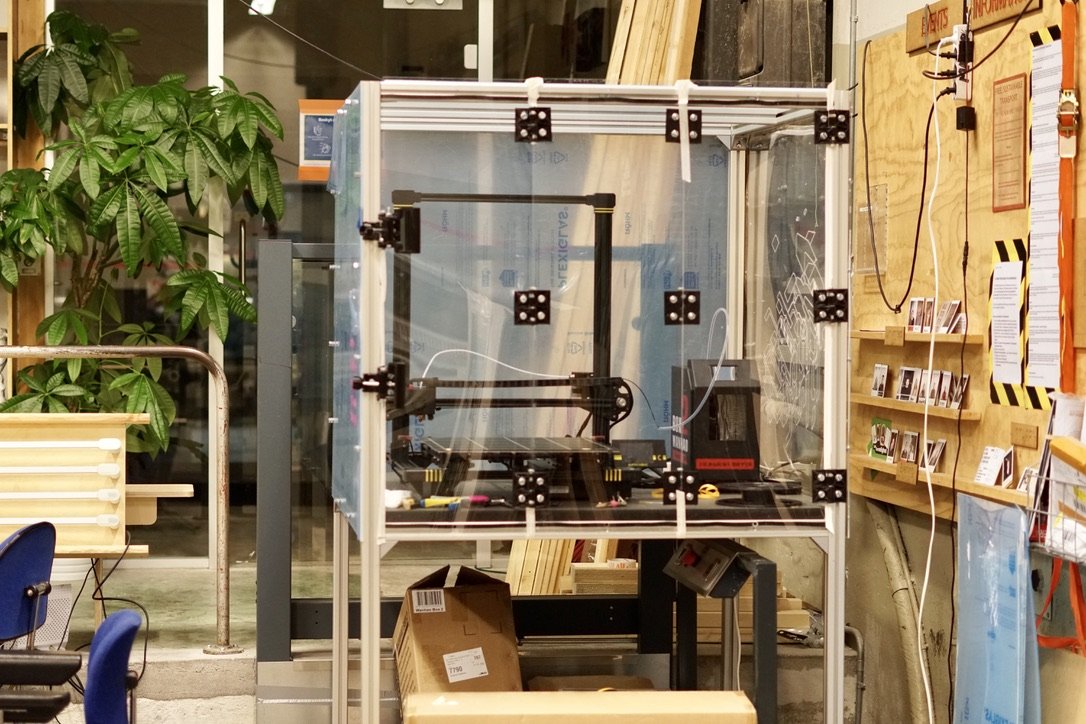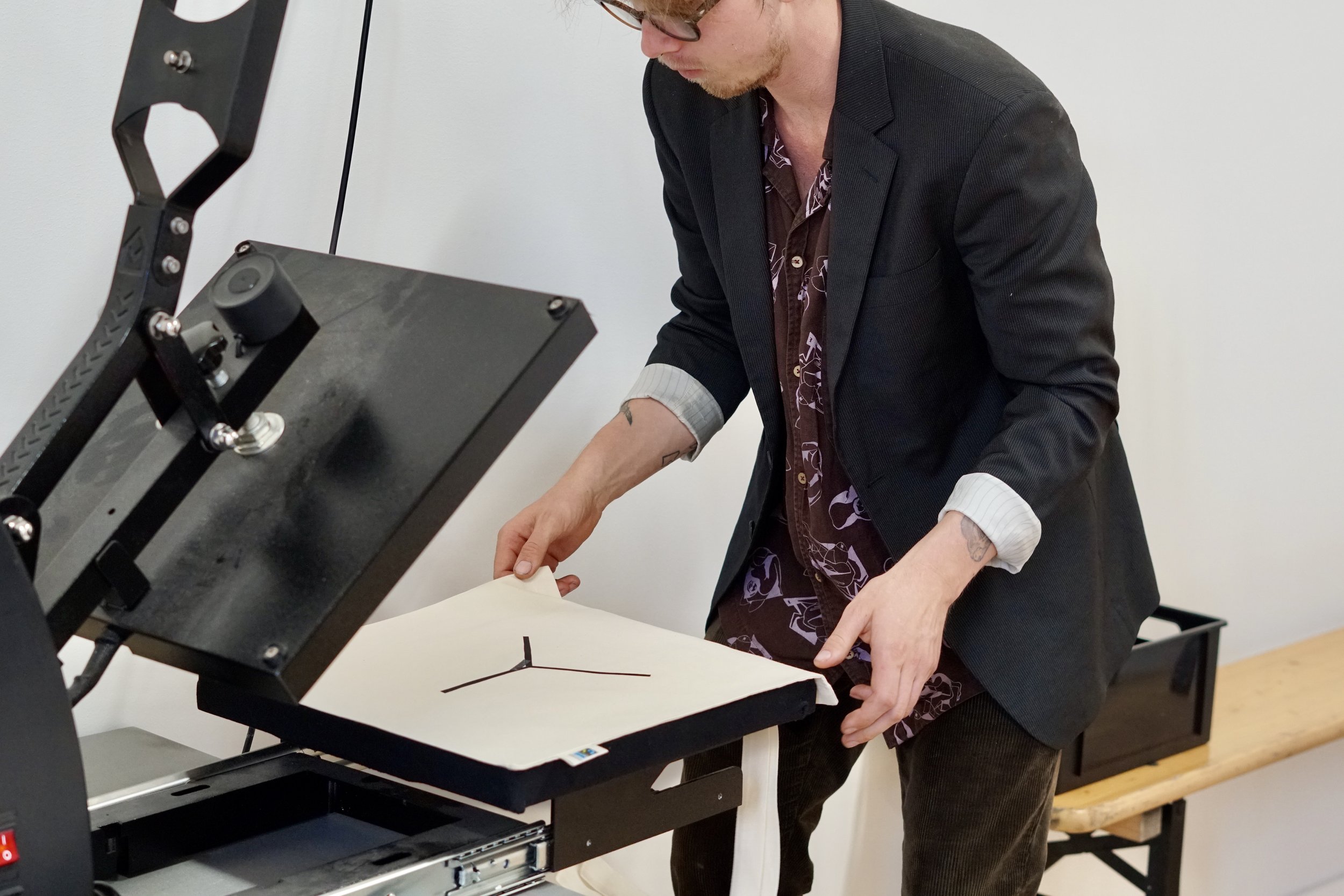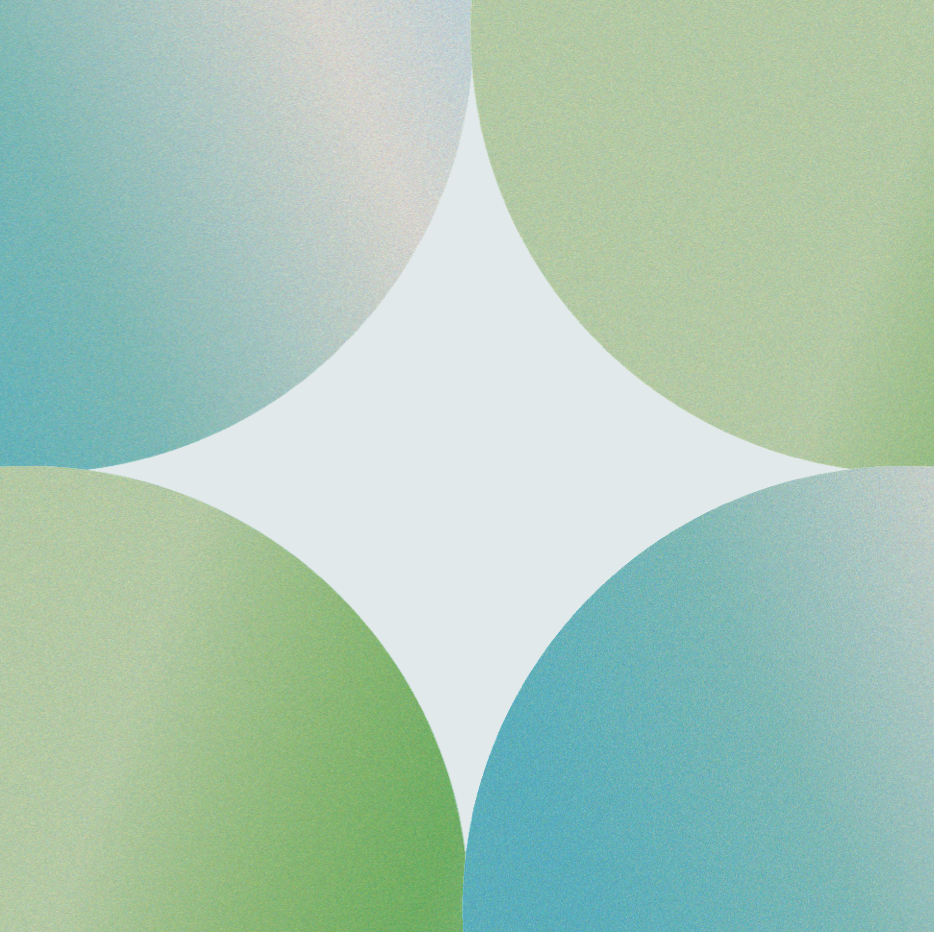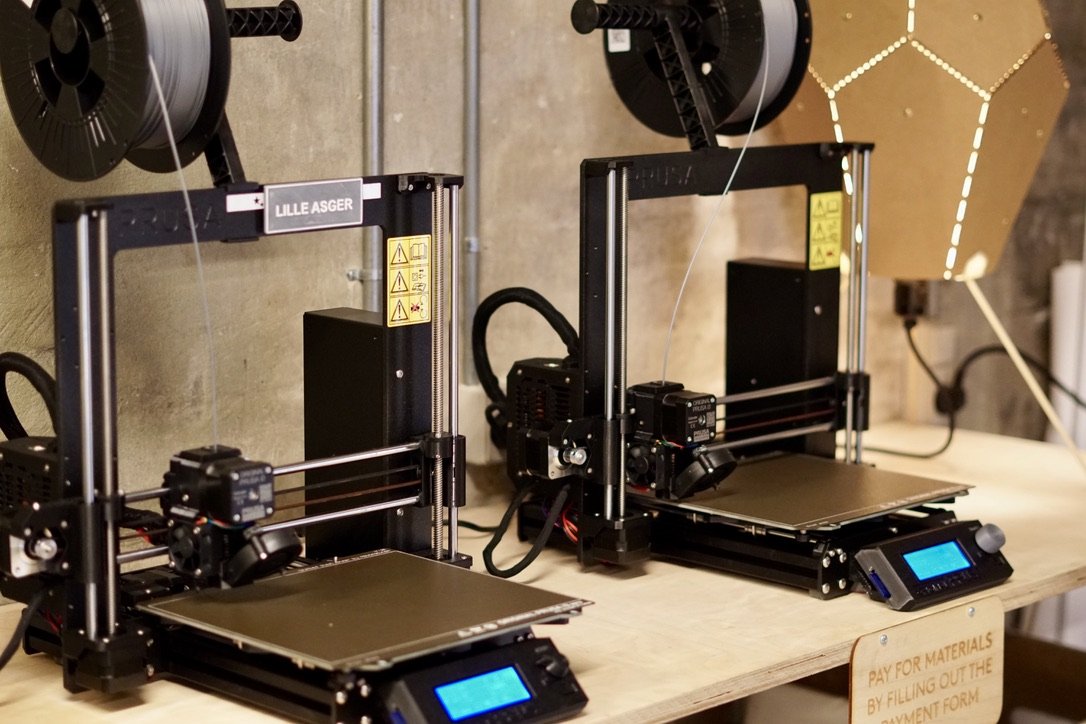Circular Spaces
2023 – 2025
Over the last decade, there has been a boom of maker communities in Europe.
FabLabs, Hackerspaces and Makerspaces have been popping up in the maker movement. These unique spaces seek to provide communities, businesses, and entrepreneurs with the facilities and equipment available to turn their ideas and concepts into reality.
The project “Circular spaces” is about enhancing maker spaces to circular business principles in the Baltic Sea Region (BSR) during a period of 27 months. The goal is to create a partnership of the BSR makerspaces to cooperate in bringing eco-design and material reuse in focus. Also to boost the circular economy by developing a digital circular collaboration tool.
At least 300 makers will be trained and involved in the production of more circular products and at least 6 circular business ideas will be piloted.
-
The main challenge in the BSR makerspaces, is the huge attitude and behavior gap. Makers have awareness of the need for green and sustainable development, but they are often characterized by high consumption of resources.
To solve this challenge the makerspaces must act as an example and accumulate and provide recycled materials and a good waste balance. Additionally they need to provide equipment that makers can use to repair, reuse or recycle products or produce new products of eco-design.
But only providing materials and equipment will not be enough to change the attitude of the makers. That is why it is essential to introduce a variety of design thinking tools, methods and programs for makers to engage them in the movement of eco-makers.
The main value of this project is that it will allow all the partners to tackle a common challenge. This means that instead of trying to resolve it on their own and trying to reinvent the wheel, partners will join forces to find common solutions and generate new ideas. It will be possible by exchanging experience, knowledge, approaches, and skills each partner possesses.
This innovative approach will allow the number of makerspaces to increase. The approach will be tested not only in one but in all project partner countries. It means that it will be adapted to the needs of the particular country.
-
The partnership includes 8 partners from Latvia, Lithuania, Norway, Denmark and Germany along with 6 associated partners. This kind of cooperation will allow all the partners to communicate the information not only in the Baltic Sea region but way beyond it, as all partner institutions have a unique network of cooperation partners.
-
Maker believes that physical entrepreneurship, sustainable solutions and innovations must collaborate and the organization will play a role in creating green and circular solutions.
That is why it gives creative, curious and energetic people the opportunity to realize their idea in the maker space. Maker will be one of the makerspaces which transform into a circular maker space through training, digital tools, and workshops. And will also lead other partner makerspaces through the transformation process to the circular economy and business models.
The makerspace will also pilot cross-border eco-design circular business ideas. The main role will be to share existing expertise in circular maker spaces, circular production and products. The organization will transfer solutions both to the maker spaces, companies and network organizations in Denmark.
-
Empowering makerspace communities with a comprehensive view on circular economy principles, fostering sustainable innovation, resource efficiency, and a circular mindset.
-
Project lead: Malte Hertz Jansen
malte@maker.dk
Duration: January 2023 to March 2025
How can makerspaces help shape a greener future?
Over the past two years, we've had the pleasure of being part of Circular Spaces – an Interreg Baltic Sea Region project focused on bringing circular economy practices into makerspaces across the region.
Together with amazing partners from across the Baltic Sea, we’ve explored how we as makers, innovators, and communities can design, prototype, and produce more sustainably.
Through the project, a lot has been developed
A practical training programme on circular economy
Tools for transforming makerspaces into circular hubs
A digital collaboration platform
Guidelines for other makerspaces ready to take the leap
Check out the project video to see how the ideas turned into real tools and impact!
Circular Makerspaces International Conference
How can makerspaces contribute to a sustainable future? Join this international conference where experts, designers, and innovators share insights on circular economy, material reuse, and sustainable product development. The program includes inspiring talks, panel discussions, and a hands-on workshop focused on repurposed materials.









